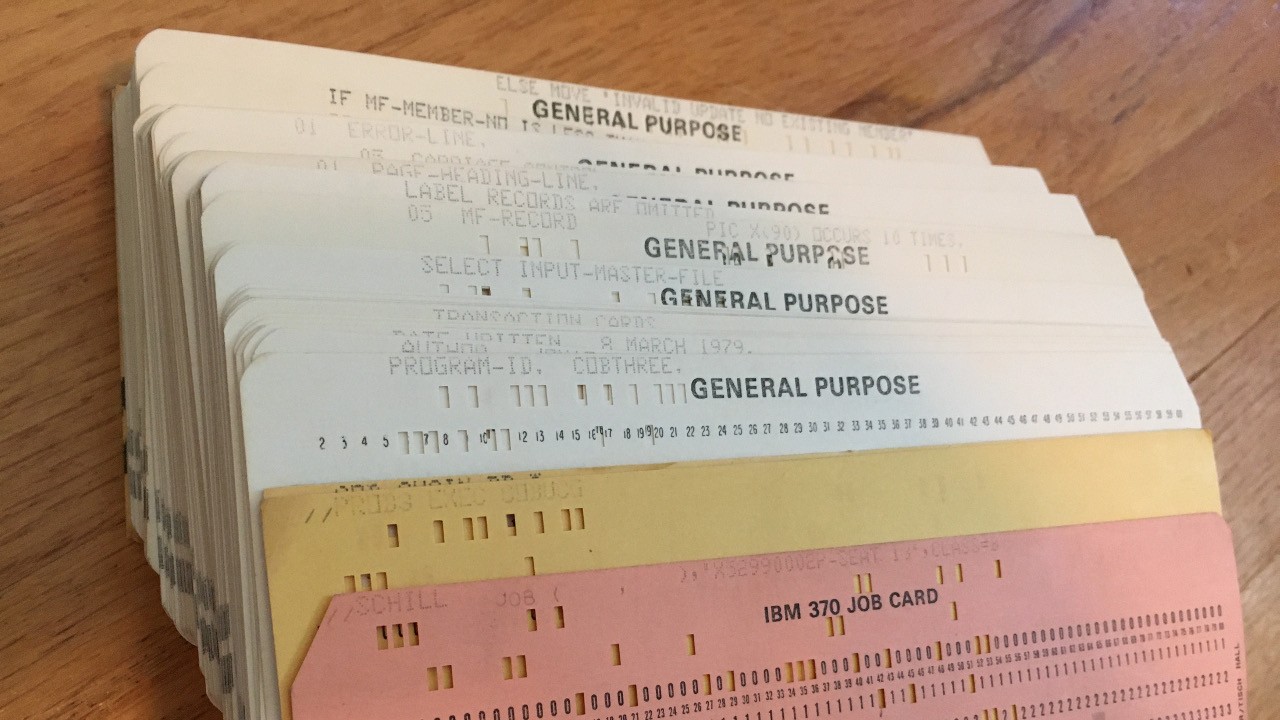A refinement of hashing which allows retrieval of an item in a static table with a single probe is considered. Given a set I of identifiers, two methods are presented for building, in a mechanical way, perfect hashing functions, i.e. functions transforming the elements of I into unique addresses. The first method, the “quotient reduction” method, is shown to be complete in the sense that for every set I the smallest table in which the elements of I can be stored and from which they can be retrieved by using a perfect hashing function constructed by this method can be found. However, for nonuniformly distributed sets, this method can give rather sparse tables. The second method, the “remainder reduction” method, is not complete in the above sense, but it seems to give minimal (or almost minimal) tables for every kind of set. The two techniques are applicable directly to small sets. Some methods to extend these results to larger sets are also presented. A rough comparison with ordinary hashing is given which shows that this method can be used conveniently in several practical applications.
The Latest from CACM
Shape the Future of Computing
ACM encourages its members to take a direct hand in shaping the future of the association. There are more ways than ever to get involved.
Get InvolvedCommunications of the ACM (CACM) is now a fully Open Access publication.
By opening CACM to the world, we hope to increase engagement among the broader computer science community and encourage non-members to discover the rich resources ACM has to offer.
Learn More


Join the Discussion (0)
Become a Member or Sign In to Post a Comment